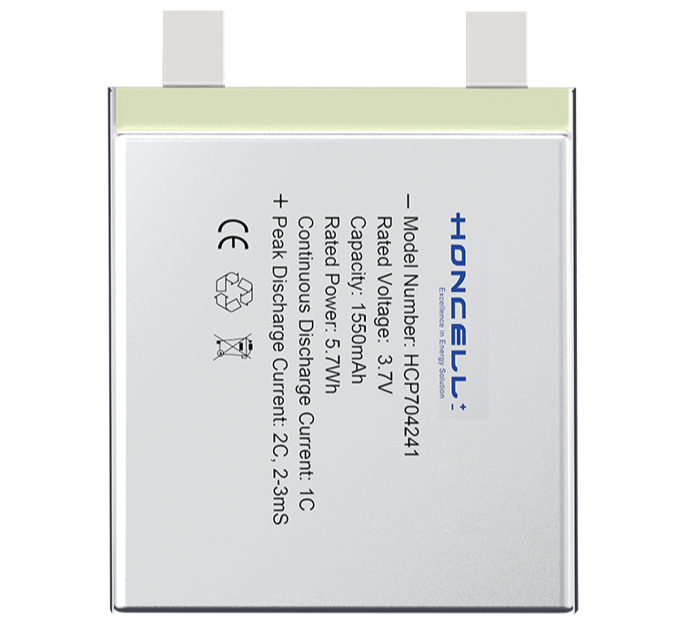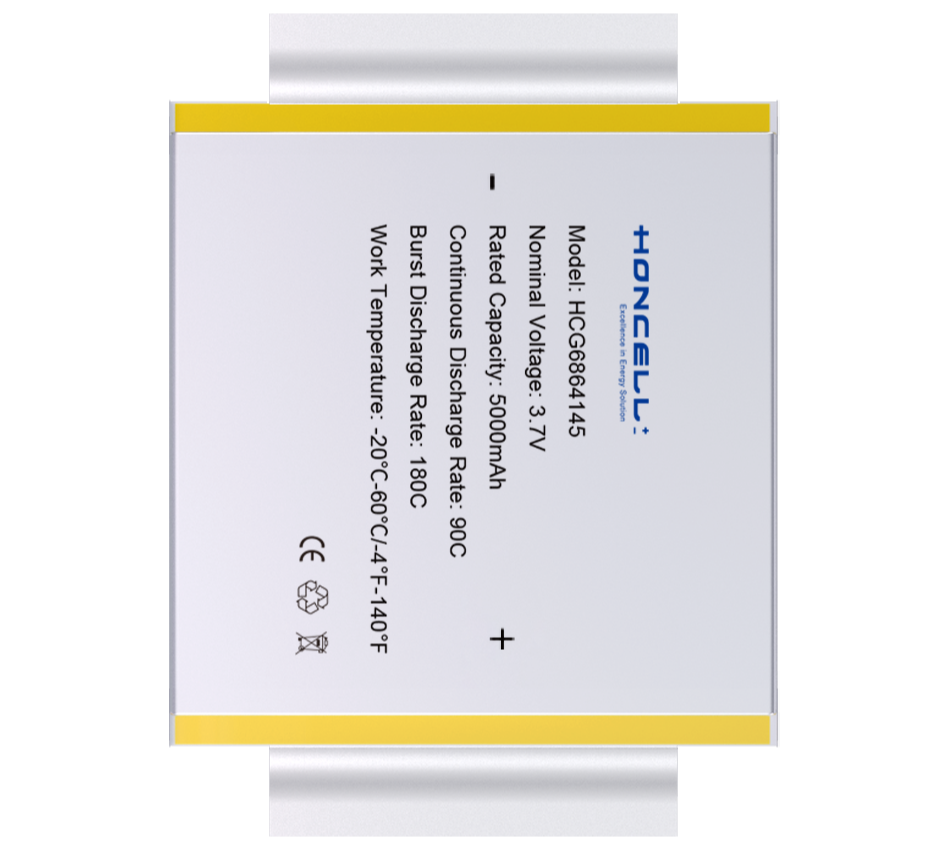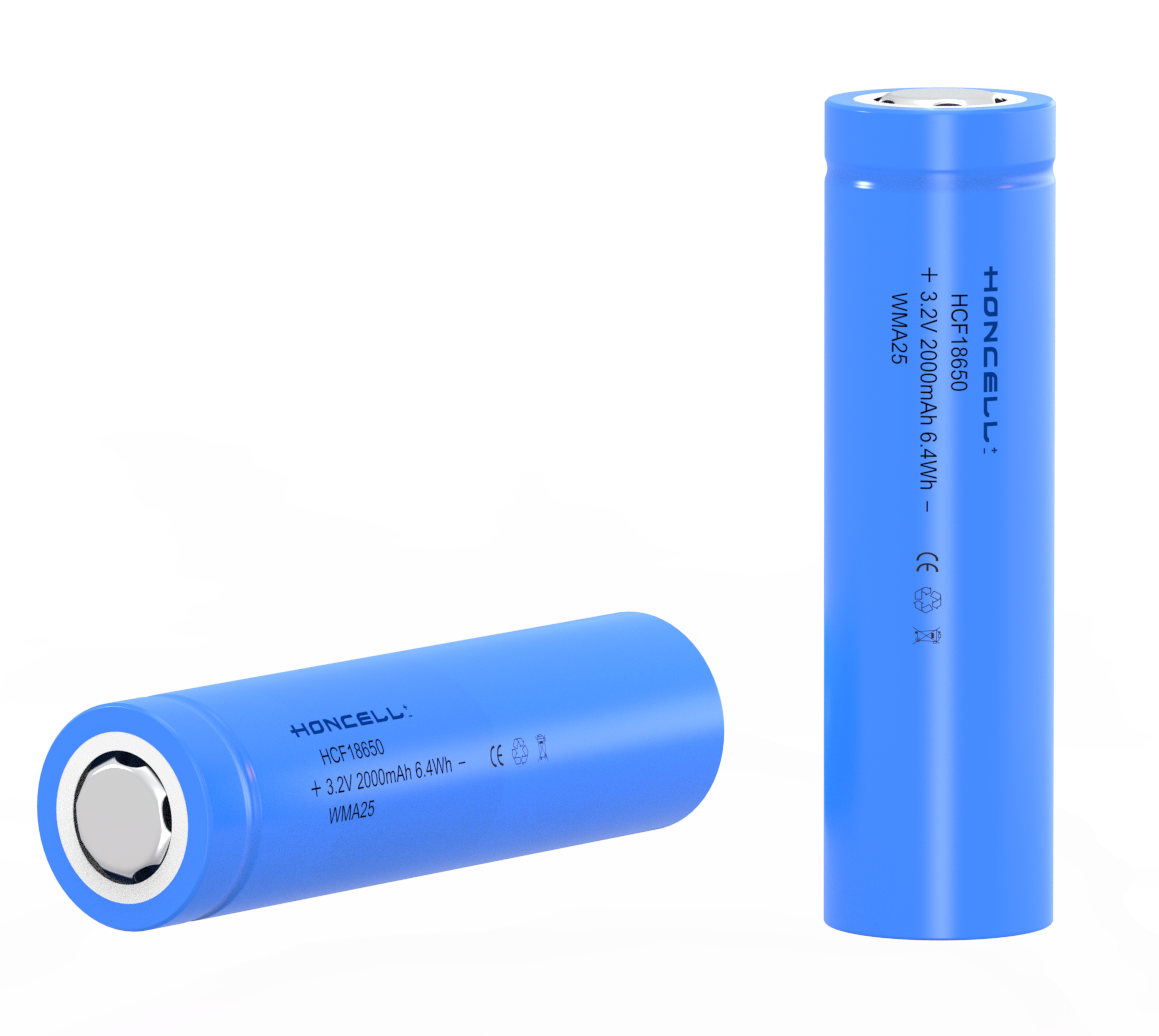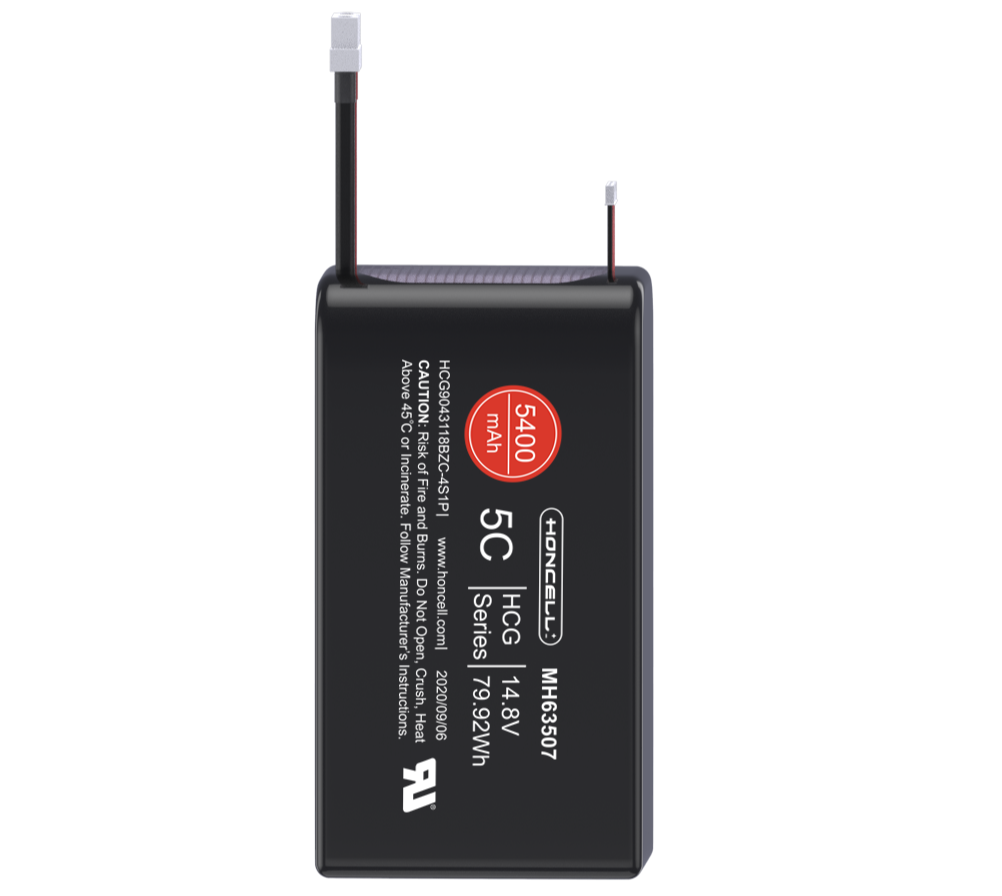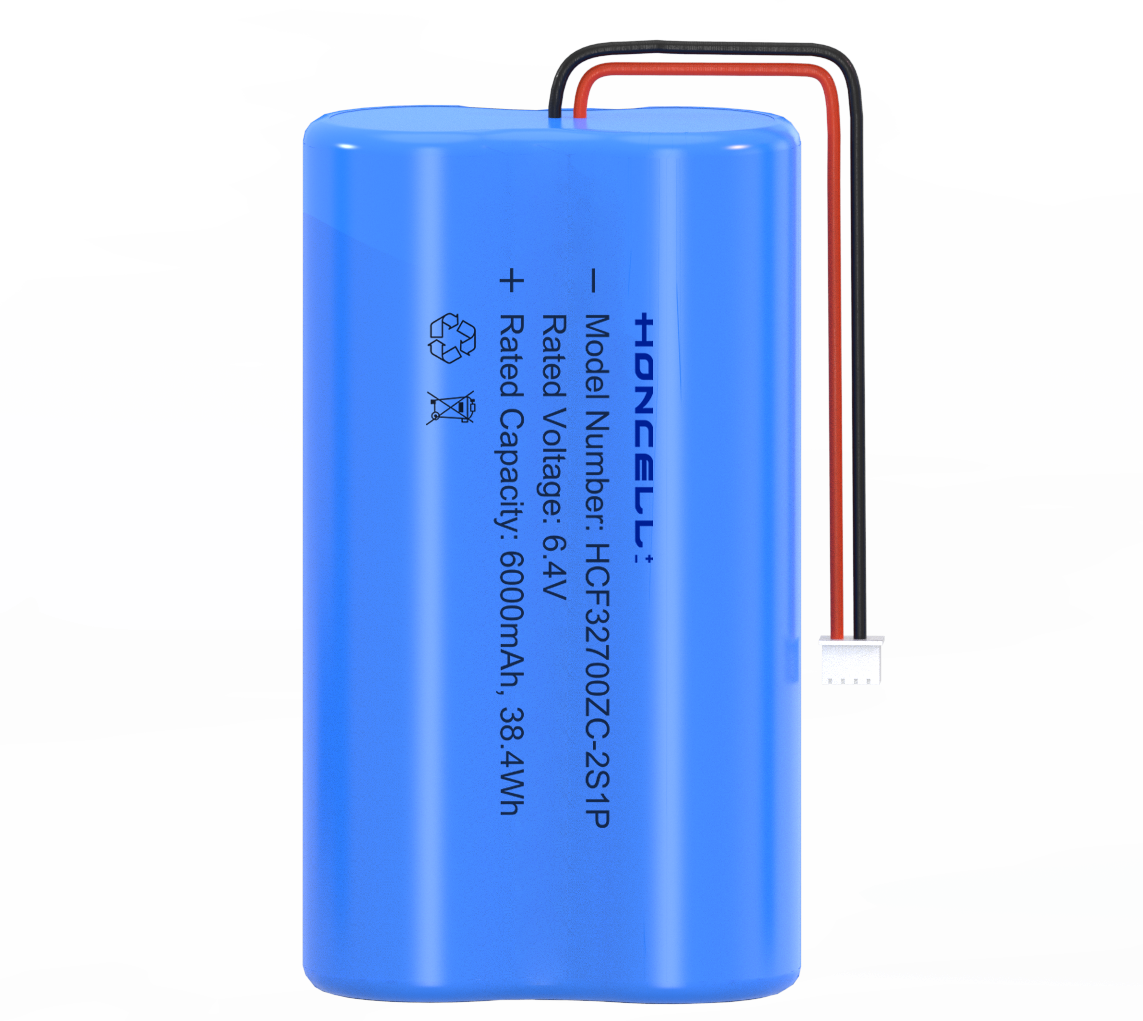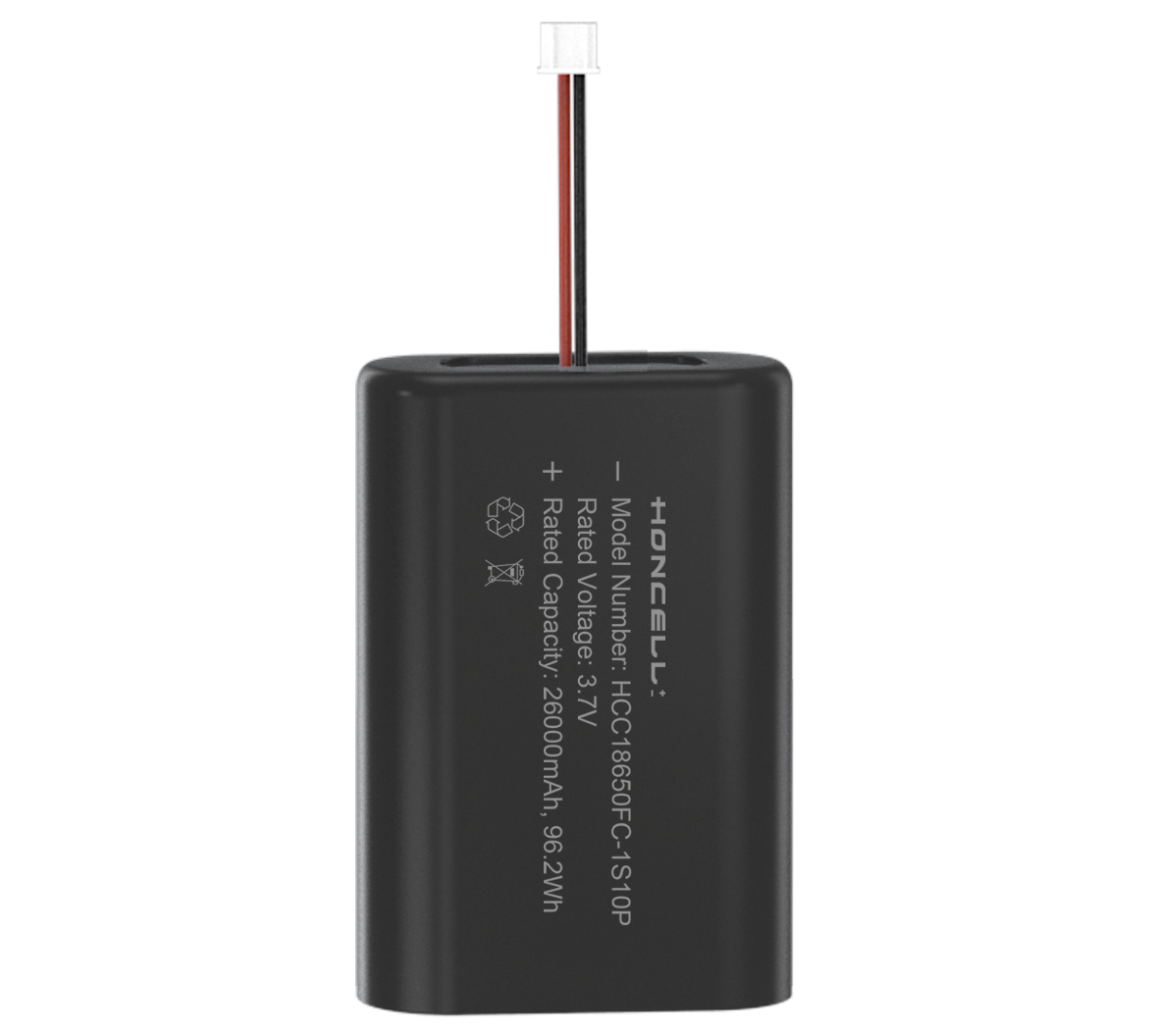Lithium Iron Phosphate (LiFePO4) vs Lithium-Ion Battery: A Comprehensive Comparison
In the rapidly evolving world of rechargeable batteries, two types have garnered significant attention: Lithium Iron Phosphate (LiFePO4) and Lithium-Ion batteries. Both have their unique advantages and disadvantages, making them suitable for different applications. This article aims to provide a detailed comparison between these two battery types, helping you make an informed decision.
Which is Better, LiFePO4 or Lithium-Ion Battery?
Determining which battery is better depends on the specific requirements of your application. Lithium Iron Phosphate (LiFePO4) batteries are known for their long cycle life, safety, and stability. On the other hand, Lithium-Ion batteries are celebrated for their high energy density and lightweight properties.
For instance, if you need a battery for an electric vehicle or a renewable energy storage system, a LiFePO4 battery might be more suitable due to its durability and safety. Conversely, if you require a battery for a portable electronic device, a Lithium-Ion battery could be the better choice due to its higher energy density and lighter weight.
Pros and Cons of LiFePO4 Batteries
Pros of LiFePO4 Batteries
Long Cycle Life: LiFePO4 batteries can last up to 2000-3000 charge cycles, significantly longer than traditional Lithium-Ion batteries.
Safety: These batteries are less prone to overheating and thermal runaway, making them safer for various applications.
Stability: LiFePO4 batteries offer stable chemical and thermal properties, reducing the risk of combustion.
Environmental Friendliness: They are more environmentally friendly as they do not contain harmful heavy metals.
Cons of LiFePO4 Batteries:
Lower Energy Density: LiFePO4 batteries have a lower energy density compared to Lithium-Ion batteries, meaning they store less energy per unit of weight.
Higher Initial Cost: The upfront cost of LiFePO4 batteries is generally higher, although their long lifespan can offset this over time.
Size and Weight: These batteries are bulkier and heavier, which can be a disadvantage in applications where space and weight are critical.
Pros and Cons of Lithium-Ion Batteries
Pros of Lithium-Ion Batteries
High Energy Density: Lithium-Ion batteries offer a higher energy density, making them ideal for portable electronic devices.
Lightweight: These batteries are lighter, which is beneficial for applications where weight is a critical factor.
Fast Charging: Lithium-Ion batteries can be charged quickly, making them convenient for daily use.
Wide Range of Applications: They are versatile and can be used in various applications, from smartphones to electric vehicles.
Cons of Lithium-Ion Batteries
Shorter Lifespan: Lithium-Ion batteries typically last for 500-1000 charge cycles, which is shorter than LiFePO4 batteries.
Safety Concerns: These batteries are more prone to overheating and thermal runaway, posing safety risks.
Environmental Impact: They contain harmful heavy metals, making them less environmentally friendly.
Cost: While the initial cost may be lower, the shorter lifespan can make them more expensive in the long run.
Application Scenarios of LiFePO4 and Lithium-Ion Batteries
LiFePO4 Batteries
Electric Vehicles (EVs): Due to their long cycle life and safety, LiFePO4 batteries are increasingly used in electric vehicles.
Renewable Energy Storage: Their stability and long lifespan make them ideal for storing energy from renewable sources like solar and wind.
Industrial Applications: LiFePO4 batteries are used in various industrial applications, including forklifts and backup power systems.
Lithium-Ion Batteries
Consumer Electronics: The high energy density and lightweight properties make Lithium-Ion batteries perfect for smartphones, laptops, and tablets.
Electric Vehicles: While LiFePO4 is gaining traction, Lithium-Ion batteries are still widely used in electric vehicles due to their high energy density.
Portable Power Tools: The fast charging capability and lightweight nature make them suitable for portable power tools.
Can I Replace Li-Ion with LiFePO4?
Replacing a Lithium-Ion battery with a LiFePO4 battery is possible but requires careful consideration. The two types of batteries have different voltage ranges, charging requirements, and physical dimensions. For example, a 3.2V LiFePO4 battery cell has a different voltage profile compared to a 3.2 V Lithium-Ion battery. Therefore, you must ensure that your device or system is compatible with the new battery type.
Additionally, the charging system may need to be adjusted to accommodate the different charging characteristics of LiFePO4 batteries. Consulting with a reputable rechargeable Li-Ion battery supplier can provide you with the necessary guidance and support for such a replacement.
Comparing LiFePO4 and Lithium-Ion Batteries
Energy Density
Lithium-Ion batteries have a higher energy density, making them more suitable for applications where space and weight are critical. LiFePO4 batteries, while having a lower energy density, offer other advantages such as safety and longevity.
Safety
LiFePO4 batteries are inherently safer due to their stable chemical structure, reducing the risk of thermal runaway and combustion. Lithium-Ion batteries, although generally safe, are more prone to overheating and require additional safety measures.
Lifespan
LiFePO4 batteries have a significantly longer lifespan, lasting up to 2000-3000 charge cycles. In contrast, Lithium-Ion batteries typically last for 500-1000 charge cycles.
Cost
While LiFePO4 batteries have a higher initial cost, their long lifespan can make them more cost-effective in the long run. Lithium-Ion batteries may have a lower upfront cost but could be more expensive over time due to their shorter lifespan.
Environmental Impact
LiFePO4 batteries are more environmentally friendly as they do not contain harmful heavy metals. Lithium-Ion batteries, on the other hand, contain materials that can be harmful to the environment if not disposed of properly.
Conclusion
Both Lithium Iron Phosphate (LiFePO4) and Lithium-Ion batteries have their unique advantages and disadvantages. The choice between the two depends on your specific needs and application scenarios. Whether you are looking for a 3.2V LiFePO4 battery cell for an electric vehicle or a 3.2V Lithium-Ion battery for a portable electronic device, understanding the pros and cons of each type can help you make an informed decision. Consulting with a reliable rechargeable Li-Ion battery supplier can also provide you with the necessary expertise and support to choose the right battery for your needs.
Related News
-

 Nov. 2024How Drone Manufacturers Choose Lithium BatteriesLearn More
Nov. 2024How Drone Manufacturers Choose Lithium BatteriesLearn More -

 Nov. 2024How medical device vendors choose lithium medical batteriesLearn More
Nov. 2024How medical device vendors choose lithium medical batteriesLearn More -

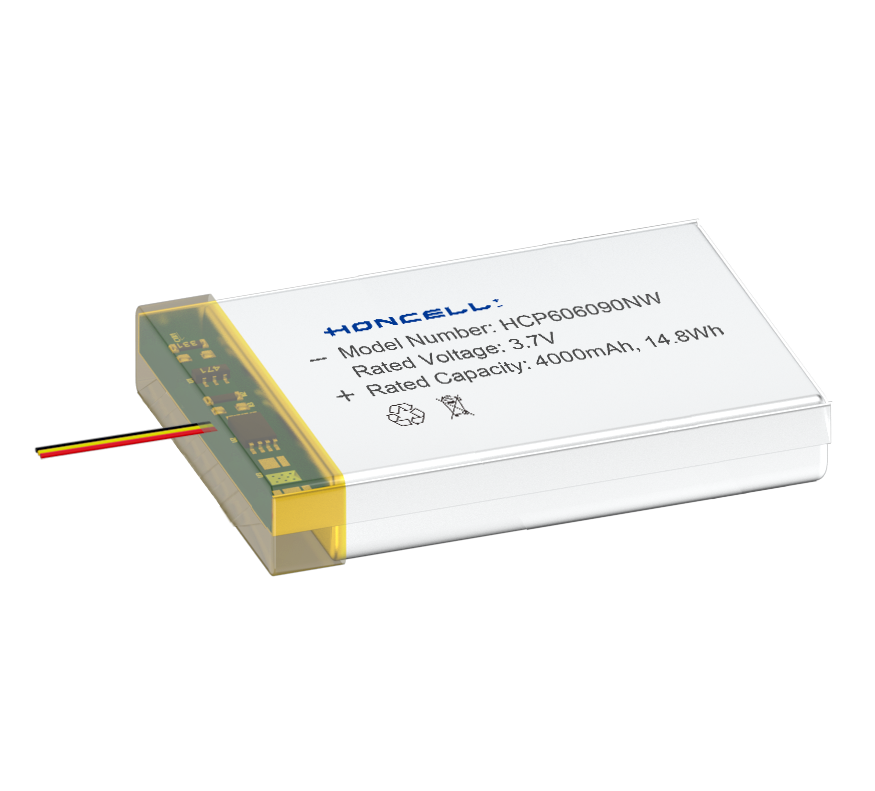 Sep. 2024Why global enterprises should choose Chinese lithium battery manufacturersLearn More
Sep. 2024Why global enterprises should choose Chinese lithium battery manufacturersLearn More -

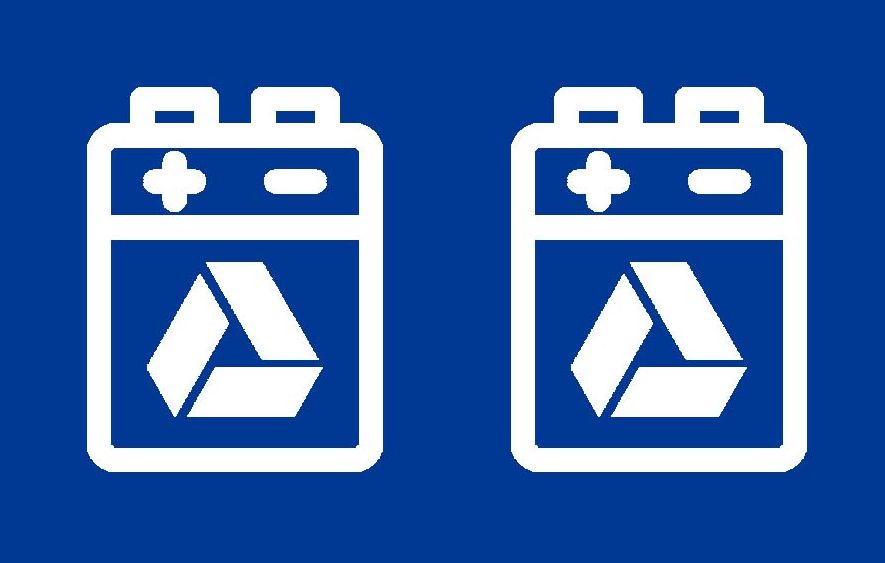 May. 2024How to choose lithium battery customized manufacturersLearn More
May. 2024How to choose lithium battery customized manufacturersLearn More -

 Mar. 2024How to wake up a dormant lithium battery and bring it back to performanceLearn More
Mar. 2024How to wake up a dormant lithium battery and bring it back to performanceLearn More -

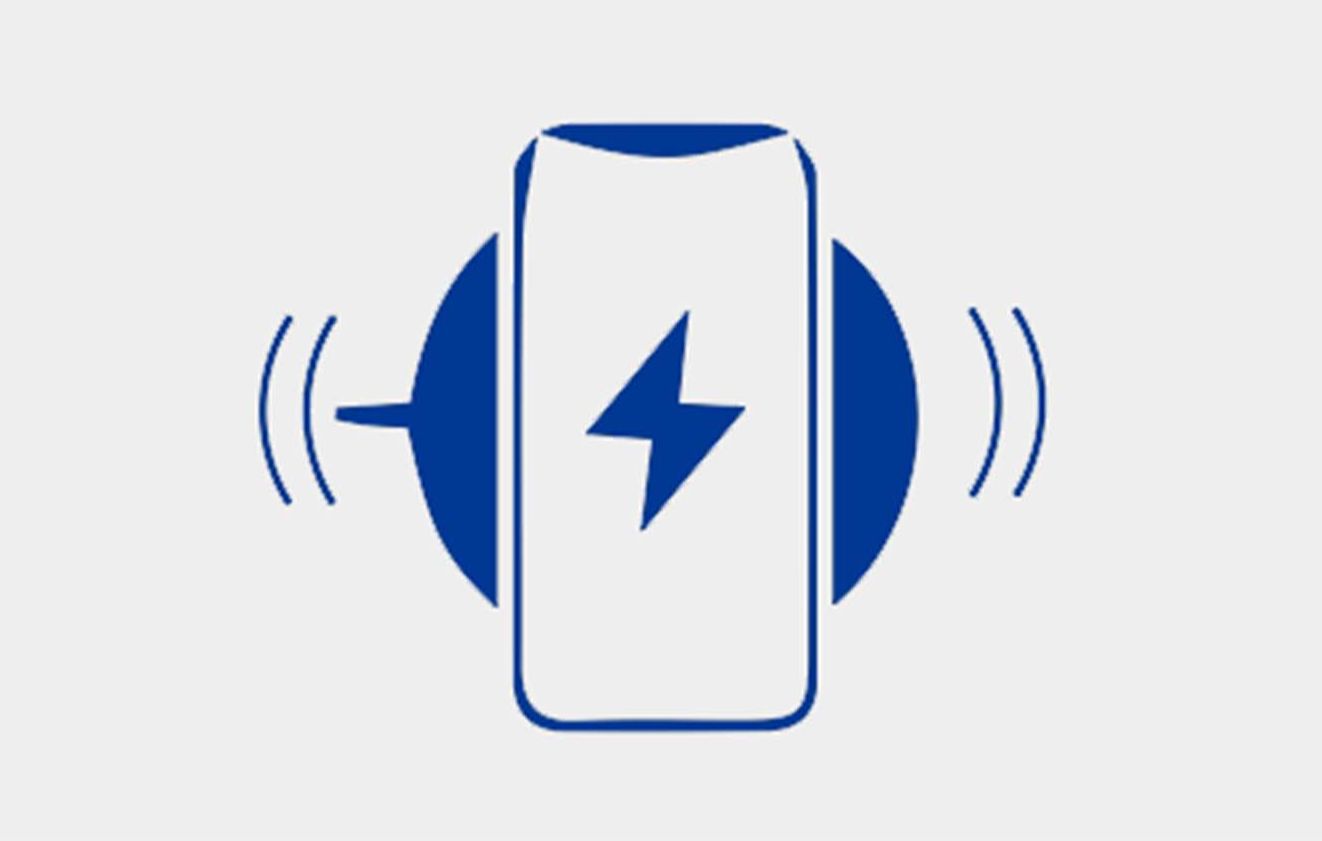 Mar. 2024What should be considered when charging lithium batteriesLearn More
Mar. 2024What should be considered when charging lithium batteriesLearn More


